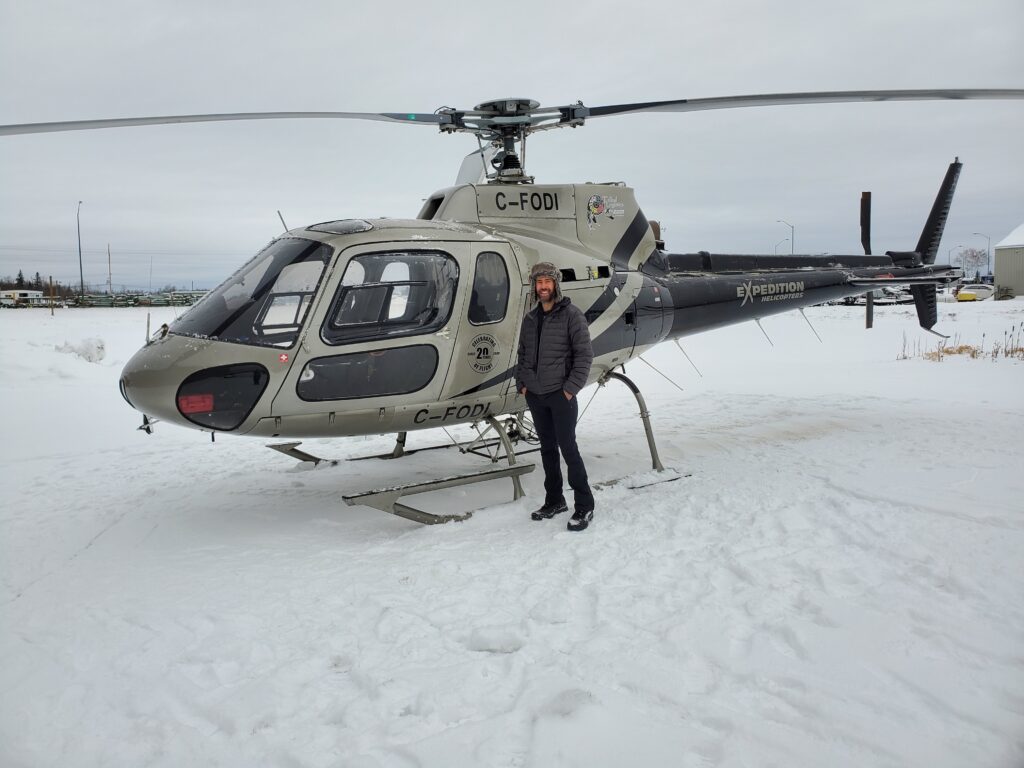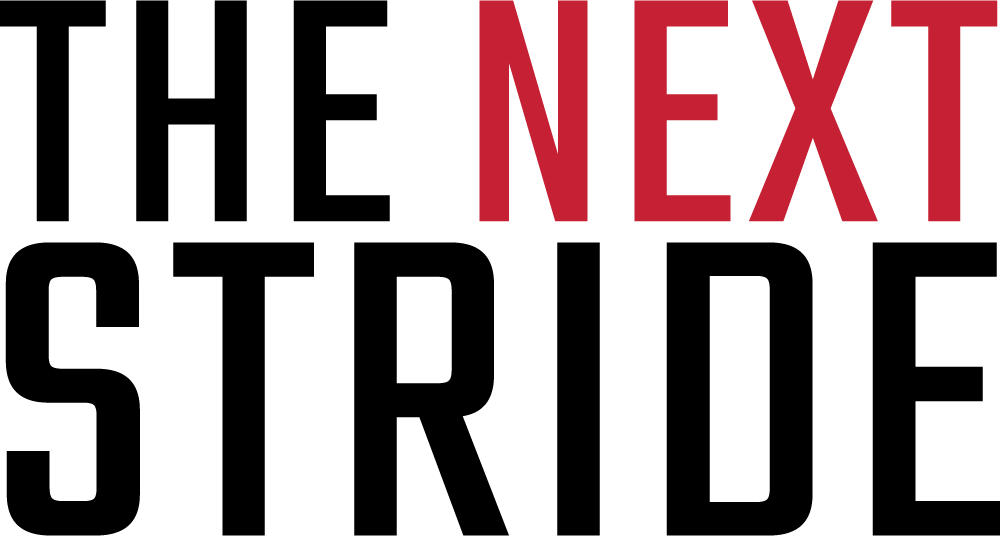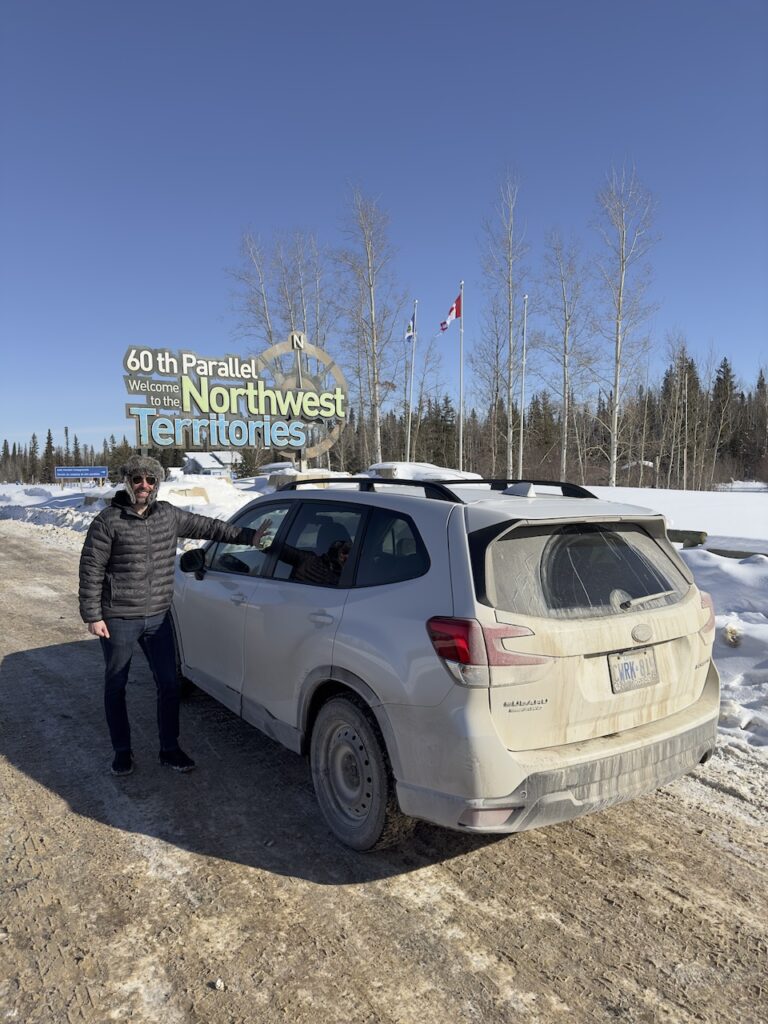Ronnie Shuker travelled across Canada from September 2022 to May 2023 in hopes of learning about the stories and experiences of those who play recreational hockey in Canada. He covered all 13 provinces and territories with over 30,000 miles of driving. You can purchase and learn more about his book here!
What inspired you to take this cross-country journey exploring hockey culture in Canada? Was there a particular event or experience that sparked the idea for this book?
It was really just a way for me to see Canada. Pre-pandemic, I’d been taking long trips through some far-flung and isolated parts of the world. While on a three-month train trip from Beijing to Budapest, it dawned on me that I’d seen more of the world than my own country. So I made a promise to myself that when I came back home to Canada I would do a cross-country road trip, driving coast-to-coast-to-coast and hitting all 13 provinces and territories. To do that, I would need several months, and I would have to include as many northern highways as possible instead of sticking solely to the Trans-Canada Highway. In preparation, I read a bunch of books about traveling across Canada, and they were all based on road trips done in the summer. I didn’t want to do that. I wanted to see the country at its most raw. That meant doing the road trip in winter. Once I settled on that, it was only natural to use hockey as a way to see the country, since I’ve spent my entire life in the game.
The book description highlights how you found the game of hockey in some unexpected, off-the-beaten-path places – from crash sites to greenhouses to Hutterite colonies. What were some of the most unique or fascinating hockey-related stories you encountered on your travels?
Every one of the places I visited and the people I spoke with were fascinating to me, whether they were in Toronto or Tuktoyaktuk. But in terms of more off-the-beaten path places, heli-hiking to the Bill Barilko crash site deep into the Northern Ontario bush stands out as a highlight, as does driving the Billy Diamond Highway in Quebec and the ice roads of James Bay to learn about Cree hockey. As a lowly pickup player, stumbling upon a palatial, pro-style dressing room for a beer-league team called the Old Wolves in Fort Nelson, B.C., was like going to Graceland for an Elvis junkie. Even playing pickup hockey in places like Deer Lake, Halifax, Laval, Yellowknife and Stewart was bliss.

The book seems to have a strong focus on the ways hockey intersects with and shapes Canadian identity and community. What were some of the common themes or threads you noticed when talking to everyday hockey players, fans, and enthusiasts across the country?
More than anything, hockey is a road trip. In a country this size, there is no way around it. Literally and figuratively, hockey is tied to highways in some way, whether you’re a youth player driving with your parents to a weekend tournament, a junior or minor pro player riding the bus, a beer-leaguer driving to a late-night midweek game, or just a fan watching “the road to the Stanley Cup” during the NHL playoffs. I saw and felt it everywhere on the road trip, from all the Tim Hortons franchises lining Canada’s highways to the hundreds of streets, arenas, and welcome signs honoring local NHL players from small towns all across the country.
Were there any particular moments, conversations, or experiences from your journey that especially surprised you or challenged your preconceptions about hockey in Canada?
I was surprised how little talk there was of the NHL, especially among people who actually play hockey. The oversaturated media coverage of the league in Canada can distort what hockey really means to most Canadians. For most people I talked with, hockey is intimately tied to where they live and how they live. It’s not just a game they watch and play; it’s a lifestyle, a way of life, and a form of hospitality. In so many places, I was welcomed into people’s homes just because I play hockey. One example that stands out was visiting a Hutterite colony in southern Manitoba. Hockey was the door into a culture most Canadians know next to nothing about. I certainly didn’t before I was invited to their humble outdoor hockey rink. I talked with them, ate with them, sang with them, saw how they live and work, and learned about what they believe in. All because of a game we share and love.
Your book isn’t just about hockey, but also about the people and communities that make up the fabric of Canada. Can you tell us about one of the most fascinating characters you met along the way?
Different people come to mind at different times. Two that stand out are a pair of pickup players in Laval, Quebec. I was there with Adrian Mizzi, aka The Travelling Goalie, to play a game of shinny at Mario Lemieux’s old junior hockey arena. After the game, Adrian and I got talking about the sovereignty movement in Quebec with two Québécois players. Politics is usually a powder keg topic. But because we’d just played hockey together, the four of us sat in the dressing room after the game, tired and sweaty, and discussed separatism without even a hint of tension. If it weren’t for hockey, I doubt the conversation would’ve been so calm and civil. Perhaps our politicians should straps on skates before Question Period every day. Maybe then things would start getting done in this country.
Another person that stands out is P.J. Kennedy, a professor emeritus at the University of Saskatchewan, where he taught a “hockey class” for nearly twenty years before retiring. He used hockey as a way to expose students to Canadian literature, because a lot of Canada’s literary luminaries have written about the game. If it weren’t for hockey, many of his students probably would never have bothered reading Al Purdy, Donna Kane, Michael Ondaatje, Joan Finnigan, etc. Every year, his class was full to overflowing, so much so that students who’d missed out would track him down in the hallways to try to get into his class.
How do you hope readers will respond to your book, and what do you hope they’ll take away from your story?
Like any author, I just hope they enjoy it, that they get to the end of the book and wish there were more, because there was so much I had to cut than I could cram into 244 pages. Beyond that, I would love it if the book spurs people to get out of their comfort zone and take their own hockey road trip somewhere in this great big land. There are so many places to see and so many arenas to play at than our own hometown and home rink.


